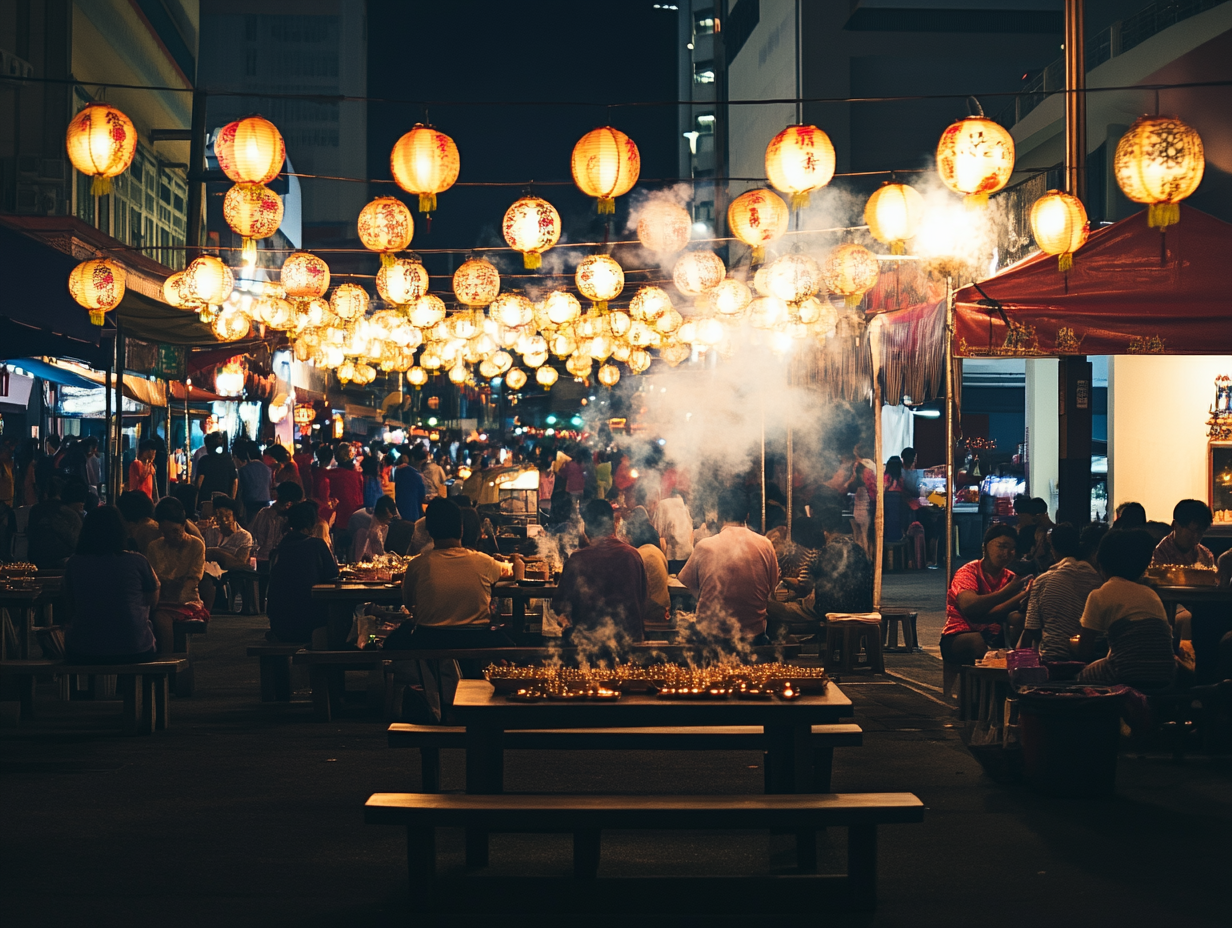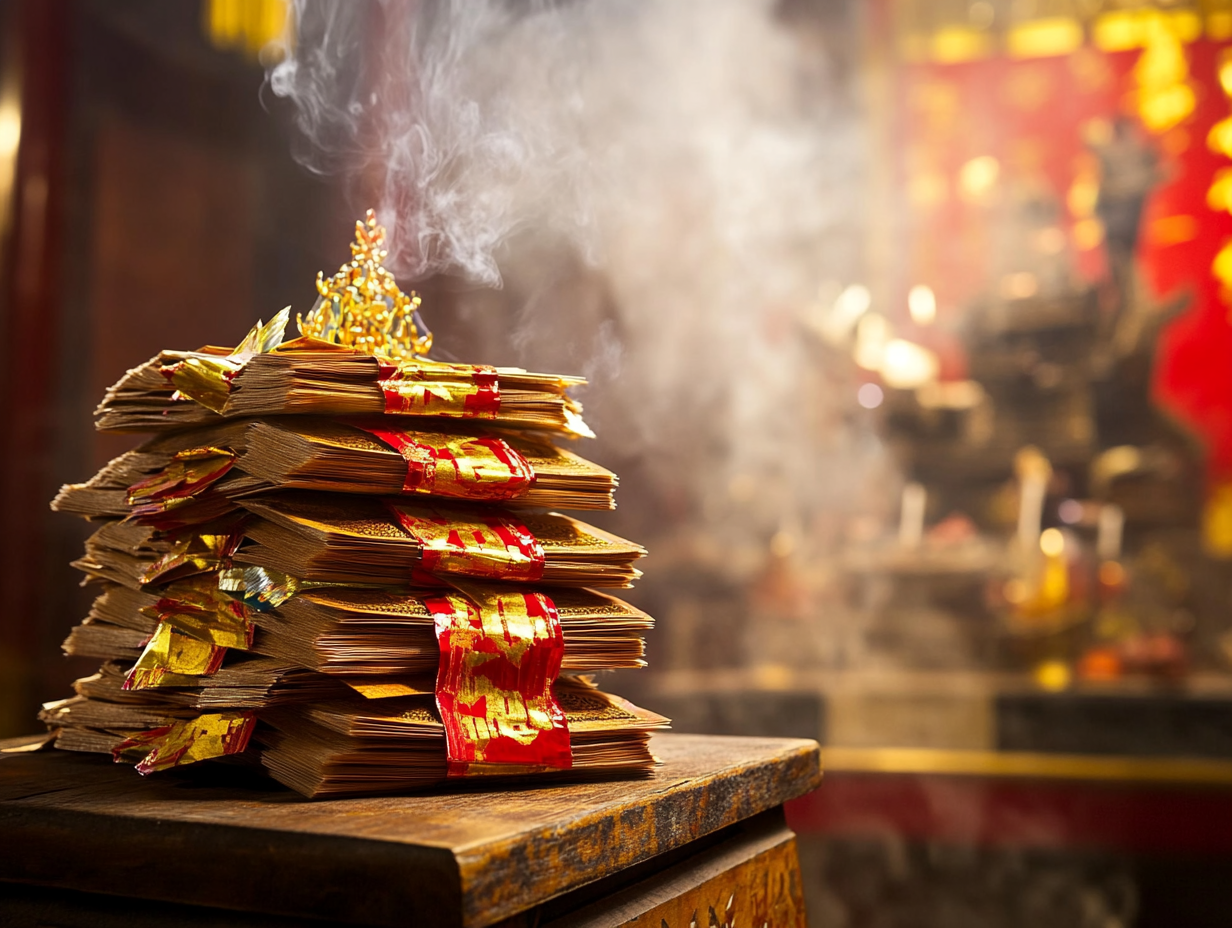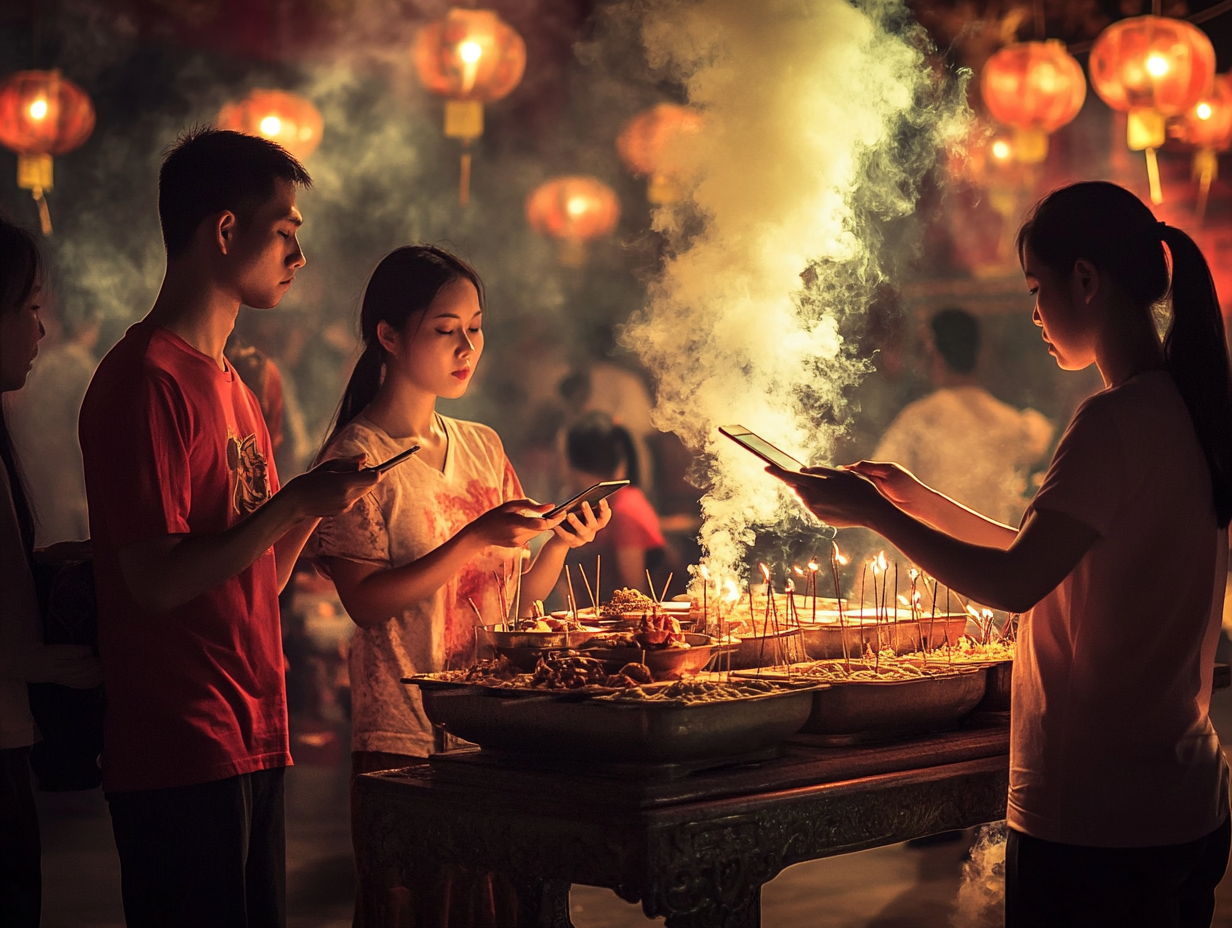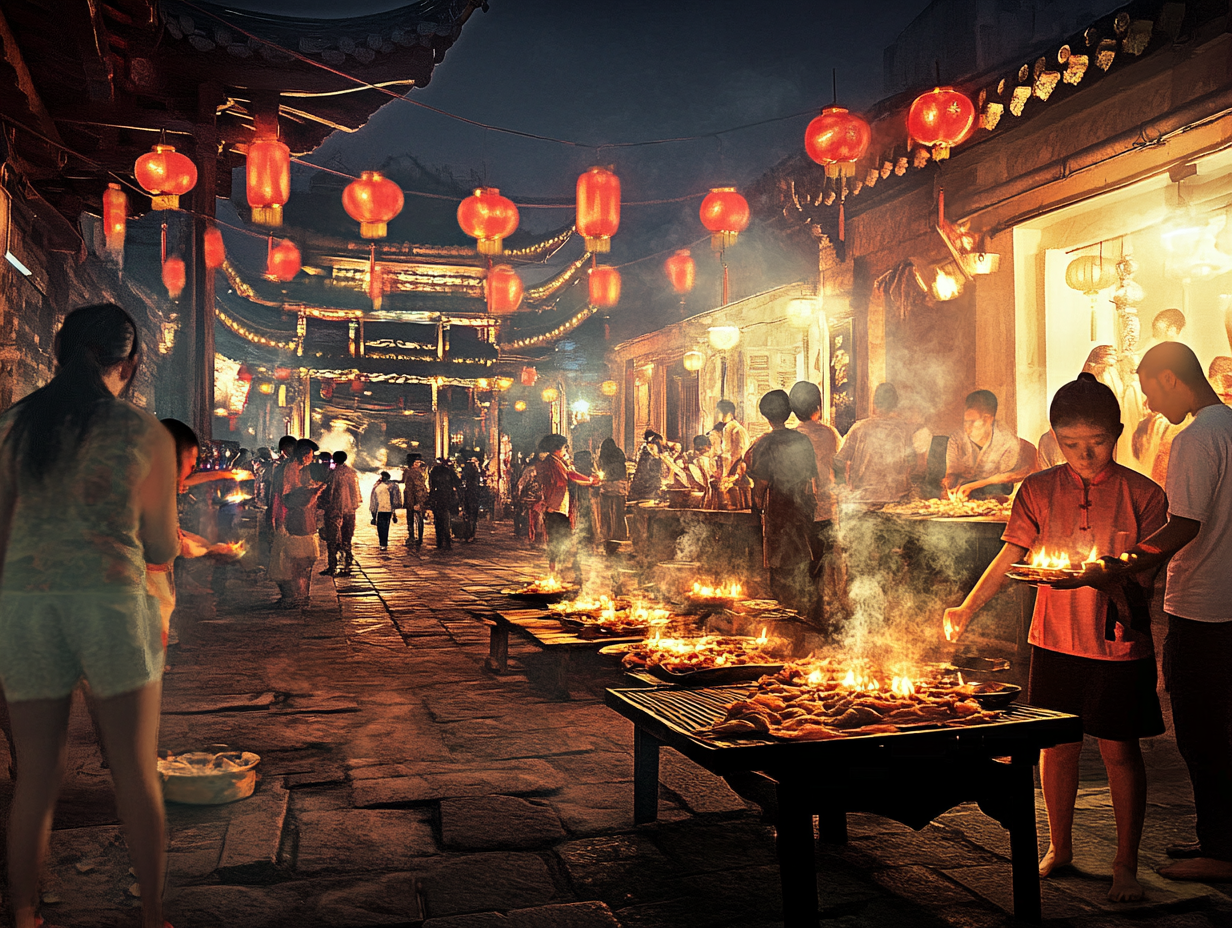Ghost Festival Singapore is a unique cultural event celebrated by many Chinese communities in the country. It honours ancestors and wandering spirits during the seventh lunar month. This article explains the origins, key rituals, modern practices, and cultural significance of the festival in Singapore. The language is simple, active, and avoids repeated sentence starters while using smooth transitions.
Introduction to Ghost Festival Singapore
Ghost Festival Singapore, often linked to Hungry Ghost Month, brings together family traditions, community events, and spiritual rituals. Locals believe that during this time, spirits return to visit the living. People take part in activities that express respect for ancestors and offer guidance to wandering souls. Every year, the festival creates a mix of solemn rites and lively celebrations across the city.
History and Origins
Taoist Influence
Taoist beliefs describe the seventh lunar month as a period when the gates of the underworld open. Spirits enter the human world freely, prompting people to prepare rituals for peace and protection.
Buddhist Teachings
Buddhist stories highlight compassion for suffering souls. The tale of Maudgalyayana saving his mother inspired many customs practised today. These traditions combine Taoist and Buddhist ideas, shaping the festival’s identity in Singapore.
Main Rituals and Practices
Offerings for Ancestors
Families set up tables outside their homes or near temples. They arrange fruits, rice, meat, tea, and incense sticks. Spirit money accompanies the food as a way to support loved ones in the afterlife.
Burning Joss Paper
People fold joss paper into symbolic forms. They burn it in containers, believing the smoke delivers wealth and comfort to spirits. This act builds a connection between worlds.
Getai Performances
Street stages host live music, opera, and comedy shows known as Getai. Organisers keep front seats empty for visiting spirits. These events entertain both humans and unseen guests.
Cultural Taboos During the Festival
Locals follow several rules to avoid disturbing spirits:
- Avoid whistling at night
- Do not stay out too late
- Refrain from picking up strange objects
- Skip swimming in natural waters
- Delay major life decisions until after the month
These taboos reflect traditional beliefs about safety and respect during this spiritual period.
Community Events in Singapore
Neighbourhoods organise large gatherings during the Ghost Festival Singapore. Residents prepare shared feasts, join chanting sessions, and visit temples together. Many areas also arrange free Getai concerts that draw crowds of all ages. Temples distribute blessed items for protection, strengthening community bonds.
Modern Adaptations in 2025
Technology changes how people honour spirits. Families now send digital offerings through apps, reducing smoke and waste. Online streaming brings rituals to those who cannot attend in person. Eco-friendly paper products replace traditional materials to protect the environment. These updates keep customs alive while fitting modern lifestyles.
Unique Singaporean Traditions
Singapore adds local flavour to Ghost Festival activities. Some temples host auctions for auspicious items believed to bring good luck. Communities decorate streets with colourful lanterns. Charitable donations in memory of ancestors support the less fortunate, turning the festival into a time for kindness and giving.
Why Ghost Festival Singapore Matters
The festival preserves cultural heritage and strengthens family ties. It reminds people of the importance of filial piety and gratitude. Observing these traditions connects generations and fosters harmony between the living and spiritual worlds.
Conclusion
Ghost Festival Singapore blends ancient rituals, local customs, and modern innovations. It remains a meaningful event for honouring ancestors and caring for wandering spirits. Through offerings, performances, and community gatherings, the festival continues to thrive, reflecting the deep cultural values shared by Singapore’s Chinese community




